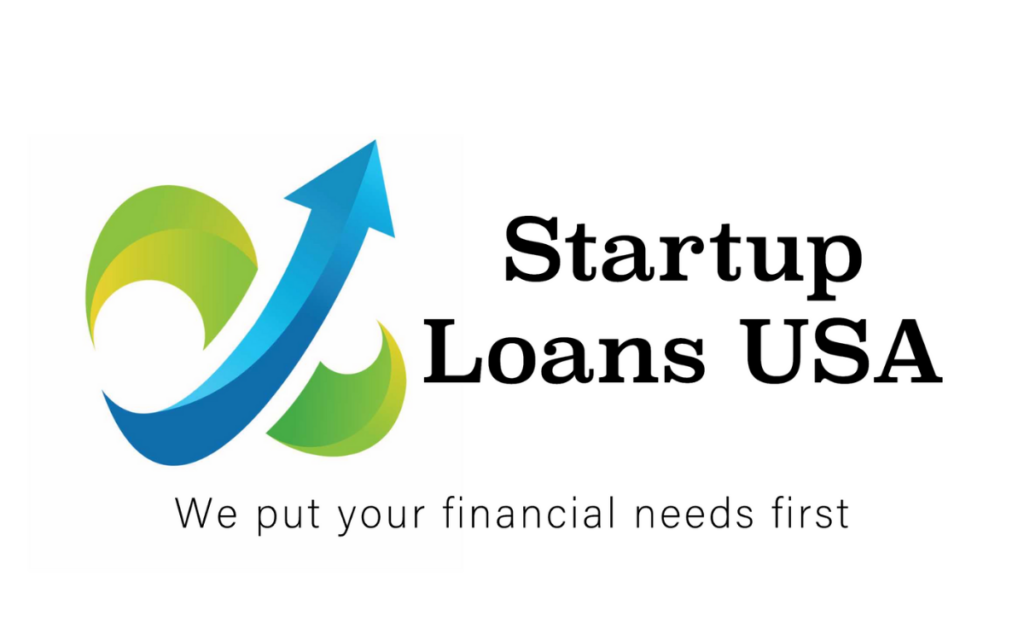Startup loans may seem like an attractive option for entrepreneurs and small business owners looking to get their businesses off the ground. However, there are some drawbacks associated with them that should be considered before taking one out. By carefully analyzing, you can start up your business in the right direction. Listed are our top drawbacks on a startup loan.
Qualifying for a Loan
If a business doesn’t meet the lender’s or bank’s standards, they might deny the loan request or propose an unfavorable loan with high interest or short repayment. In some cases, they may also require the business to provide additional collateral to secure the loan. This is one of the foundations of acquiring a loan which can be a tough scenario when starting a business from the ground up. US banks and lenders usually require creditworthiness or collateral to minimize their risk when lending money, guaranteeing loan repayment on time. Entrepreneurs can easily enhance their credit by accessing various online courses, workshops, and seminars that provide valuable tips and guidance.
Time Consuming Process
The application process for a business bank loan can be lengthy and time-consuming, often requiring extensive documentation and paperwork. The first step in the loan application process is typically to fill out an application form. This form may require the borrower to provide detailed information about their business, including its legal structure, history, and financial performance. The borrower may also need to provide personal financial information, such as tax returns and bank statements. Once the application form is submitted, the bank will typically conduct a credit check to evaluate the borrower’s creditworthiness.
After the initial review process is complete, the bank may schedule an in-person meeting with the borrower to discuss the loan application in more detail. During this meeting, the borrower may need to provide additional documentation and answer questions about their business and financial history. Once the bank has gathered all the necessary information, they will evaluate the loan application and make a decision. This decision can take several weeks, and may involve additional review by the bank’s underwriting department.
High Interest Rates
When interest rates are high, businesses will have to pay more in interest charges, making borrowing more expensive in the long run. This can put a strain on a business’s cash flow and reduce their ability to invest in growth opportunities. It can make it difficult for businesses to keep up with loan payments, especially if they are already struggling to generate enough revenue or profitability. This can lead to missed payments, default on the loan, and potentially damage the business’s credit score.
High interest rates can eat into a business’s profits, reducing their ability to invest in new equipment, hire additional staff, or expand their product line. This can limit the business’s growth potential and impact their long-term profitability. If a business has to pay higher interest rates than its competitors, it may be at a disadvantage when it comes to pricing, marketing, or offering competitive wages and benefits to employees. This can make it difficult for the business to attract and retain customers and talented employees.
Personal Liability
In many cases, banks require personal guarantees from business owners when granting loans to their businesses. This means that the business owner agrees to be personally responsible for the loan if the business is unable to make repayments. They are common in situations where the borrower is a relatively new or small business that lacks a proven track record of revenue and profitability.
It is important for business owners to fully understand the implications of signing a personal guarantee before agreeing to do so. By signing a personal guarantee, the business owner is essentially putting their personal assets, such as their home, car, or personal savings, on the line. If the business is unable to repay the loan, the bank can pursue the business owner’s personal assets to recover the outstanding debt.
Early Repayment Penalties
This can be a concern for businesses that may have the financial means to pay off their loan early, as they may be charged an additional fee that adds to the overall cost of the loan.The purpose of early repayment penalties is to compensate the lender for the interest income they would have received if the borrower had continued to make loan payments for the full loan term. If the borrower pays the loan early, they prevent the lender from earning future interest. The early repayment penalty helps to make up for this loss.
The amount of the early repayment penalty can vary depending on the terms of the loan agreement, the size of the loan, and the length of time remaining on the loan term. Some lenders may charge a percentage of the outstanding loan balance, while others may charge a fixed fee. It is important for businesses to carefully review the terms of their loan agreement before signing, and to inquire about any potential early repayment penalties. While early repayment penalties are not always charged, they can significantly increase the overall cost of the loan if they are.
Limited Flexibility
Start-up loans often come with strict terms and conditions that can limit a business’s flexibility in making changes to their business plan or strategy. Certain lenders may only approve loans for particular uses, such as buying equipment or inventory, and not for general business expenses. This can limit a business’s ability to make changes to their operations or pivot if their business plan doesn’t go as expected.
Start-up loans have limited flexibility, which can make it tough for businesses to adjust to market conditions, explore new opportunities, or modify their business strategy as needed. It’s important for businesses to carefully review the terms and conditions of any start-up loan they are considering and explore alternative funding options that may offer more flexibility and fewer restrictions.
In summary, start-up loans can be a helpful source of funding for new businesses, but they come with several drawbacks, including limited access to funds, higher interest rates, collateral requirements, shorter repayment terms, and limited flexibility. Businesses should carefully consider these factors before deciding to take out a start-up loan and explore alternative funding options as well.

